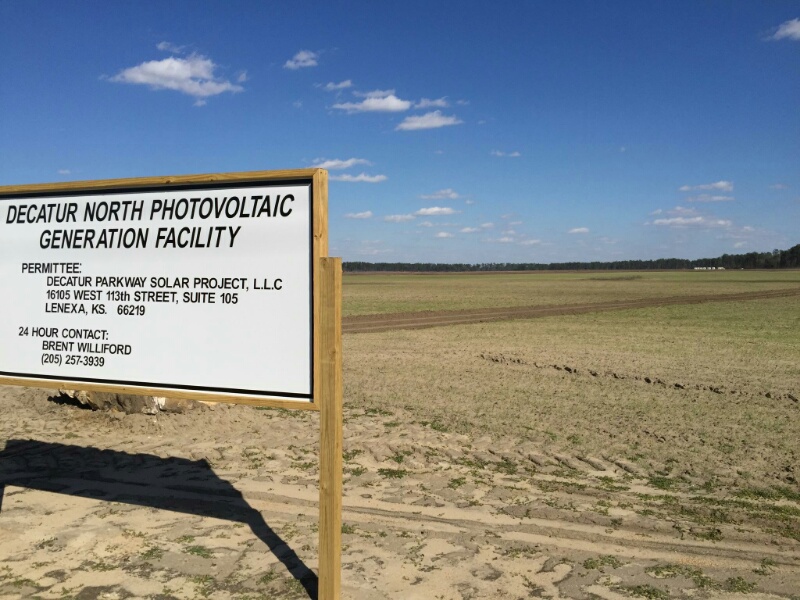

After devoting years to building an energy-efficient house of the future for the University of Georgia, Craig Kvien has a better understanding of conserving and saving energy. These tips, based on his work, could help Georgia residents save money during the upcoming holiday season.
“Some people think that, by ‘energy-efficient home,’ you mean putting on a jacket in the winter and shorts in the summer, but energy-efficient homes are more comfortable to live in than your standard house. They hold the temperature better and don’t leak as much,” said Kvien, a UGA College of Agricultural and Environmental Sciences professor who spearheaded the Future Farmstead project on the university’s Tifton Campus.
Kvien said that money could be saved during the upcoming cold winter months by adding proper insulation to the attic.
“If homeowners look upstairs and see that there’s not much insulation up there, (they should consider adding insulation). That’s another good way to save financially. You want to try to get at least an R30 rating up in your attic, and an R13 (rating) in your wall if you can,” Kvien said. “Along with getting insulation in there, make sure you don’t have any gaps in the insulation.”
The “R” rating refers to insulating power. The higher the value, the more effective the insulation will work in keeping heat in or out of the house.
 Proper insulation will allow for a more comfortable living space, he said. Though Georgia doesn’t experience the same wintry conditions that blanket states in the Northeast, power usage in December and January reflects Georgians’ willingness to heat their houses.
Proper insulation will allow for a more comfortable living space, he said. Though Georgia doesn’t experience the same wintry conditions that blanket states in the Northeast, power usage in December and January reflects Georgians’ willingness to heat their houses.
“Power usage in Georgia is primarily driven by the weather,” said John Kraft, a Georgia Power spokesperson. “For instance, a cold November could easily result in higher energy usage than a mild December, even with holiday lighting.”
Kraft said that heating and cooling represent 25 to 35 percent of a house’s energy use.
Holiday decorations are on display as Georgia residents celebrate the holiday season during November and December. Kvien stresses that simple fixes can be made to adjust for the added cost of holiday lighting.
“Lights are a good place, a simple target. Start with one, start with 20, whatever works,” Kvien said. “Replace your incandescent lights with compact fluorescent or LED lights, which are a little more efficient and last longer. If you shop around, you can find some pretty good prices.”
Other lighting tips from Georgia Power include using timers to turn off displays after several hours and replacing old light strings or displays with mini-lights or fiber optic displays.
Kvien only has one recommendation that is 100-percent guaranteed against incurring additional costs: “Cut your power way down, set your thermostat to maybe 55 degrees (Fahrenheit) and go visit the kids,” Kvien said.
For more information about the Future Farmstead, visit future farmstead.org.
(Clint Thompson is a news editor with the University of Georgia College of Agricultural and Environmental Sciences based in Tifton.)




Be the first to comment